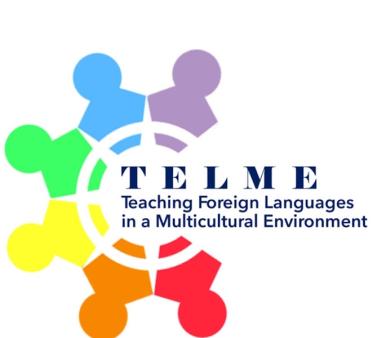Objectives
-
To develop an innovative and problematized approach in the disciplinary field of Anglicists using conceptual, methodological and documentary research tools. An introduction to research.
-
To conduct a research project (design, lead, implement and manage, evaluate, disseminate) that mobilizes linguistic and multidisciplinary skills in a collaborative framework and to assume responsibility for it. To learn how to organize scientific meetings.
-
To adapt to different social, professional and intercultural contexts related to English-speaking and international environments.
-
To update knowledge by monitoring the state of the art in the specialist sub-disciplines.
-
Clear oral and written communication in English and French and in registers adapted to specialist and non-specialist audiences.
Skills
The intended objectives involve the following skills:
-
designing and developing a research approach according to scientific and academic criteria
-
defining a research project
-
deepening knowledge and skills and further exploring issues specific to the field of study
-
acquiring fundamental theoretical knowledge in the fields of linguistics, literature and cultures in English-speaking areas
-
thinking about the transmission of knowledge
-
ability to build up and analyse a corpus of references and to put it into context with other fields, using critical tools to develop reflection, producing a well-argued study.
Course Content
The themes specific to this pathway are structured around a core syllabus delivered in a block of fundamental modules and specialized teaching units which are broken down into seminars. Modules are shared at domain level (The Americas Master’s Degree, UEL of the second modern language shared for all Master’s degrees), at specialization level (documentary methodology, professionalization units) and at pathway level (core syllabus of fundamental disciplinary teaching). The specialization is divided into three areas (theoretical, methodological and applied) and includes non-compulsory internships, the writing of at least one TER and teaching in a modern foreign language. It is adapted to the needs of people returning to studies. In M2, the focus is on professionalization through shared modules at specialization level, on specialization through the specialization teaching units (UESs) and on research with an entire semester given over to preparation of the dissertation.




